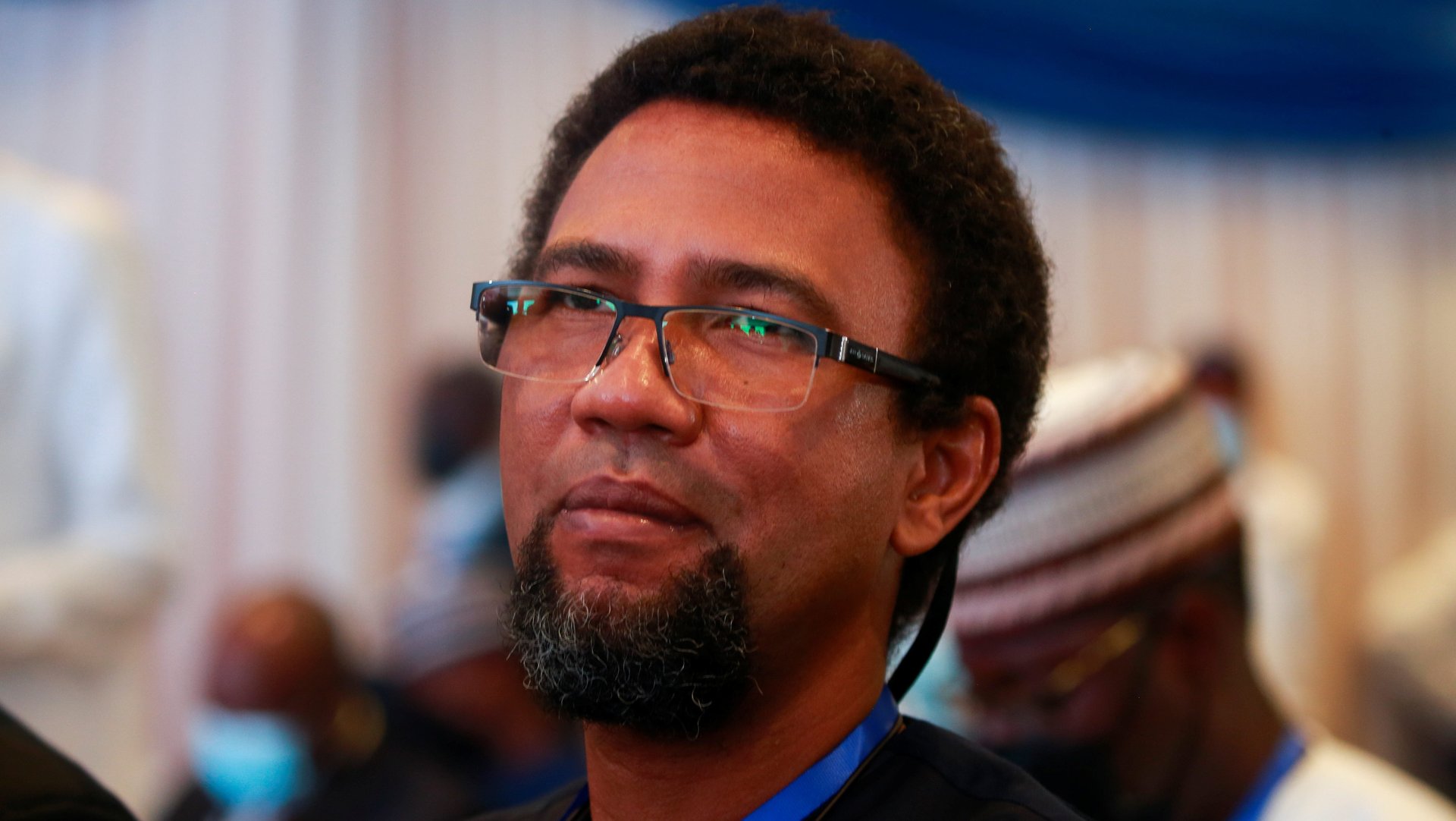MTN Nigeria’s latest corporate social responsibility is to fund journalism
For the world’s biggest businesses, corporate social responsibility projects are a way to show that their purpose goes beyond maximizing profit. The projects can fortify brand equity by, for example, creating lasting relationships with influential stakeholders.


For the world’s biggest businesses, corporate social responsibility projects are a way to show that their purpose goes beyond maximizing profit. The projects can fortify brand equity by, for example, creating lasting relationships with influential stakeholders.
South African group MTN—Africa’s largest telecom—has started over 900 projects in its 20-year existence in Nigeria, usually under the umbrella of the MTN Foundation. It has spent 23 billion naira ($55 million) on scholarship schemes, maternal health improvement, and promoting performing arts, among other things. 30 million Nigerians have been reached by these initiatives, the foundation says.
But the company’s latest CSR investment—an academic program to train journalists—might be its most puzzling and strategic.
MTN is investing in “media innovation”
Karl Toriola, MTN Nigeria‘s CEO, announced it at a brunch event with journalists on Apr. 27.
The “media innovation” program is spread across six months. Journalists will spend days at MTN’s Nigeria offices and in South Africa. It will be taught by Pan Atlantic University’s School of Media and Communication, Nigeria’s most renowned media studies institute.
MTN has a majority share (38%) of Nigeria’s 197 million GSM subscribers. It’s one of the largest companies listed on the Nigeria Stock Exchange by market capitalization and revenue.
As such, its media program brings a powerful company close to an industry that is supposed to keep it honest. Journalists are promised “a greater understanding of how the ICT & telecoms industry in Nigeria work and the role of MTN Nigeria in the mix,” among other outcomes.
Why is MTN doing this?
Tobechukwu Okigbo, the company’s chief corporate services officer, provided an origin story.
As part of the company’s 20th anniversary celebrations this year, two “grand parties” were planned for Abuja and Lagos, Okigbo said. But persuaded by the company’s public relations consultant (the Lagos-based BlackHouse Media) and communications team of a need to be more media friendly, he canceled the parties to fund the media program.
Okigbo said the program was first suggested in 2018, but lack of funding had stopped it from taking off. They can now fund it for three years.
But while this seems an altruistic turn of events, MTN Nigeria’s recent history of weathered storms—especially billion-dollar fines—suggests the company has an incentive to move into its Gen Z-focused third decade with a clean slate. Toriola said that MTN has paid all its fines and its problems are now in the past.
Google and Facebook also fund journalism
The CEO said MTN wants to support journalists rather than influence them.
The program is one of the first investments by a major African tech company in African journalism, mirroring efforts by Google, and Facebook. Both have spent over $600 million to support global news outlets.
As the program kicks off later this year, it remains to be seen how MTN avoids the type of criticism that has been waged against big tech for using its media patronage as part of a charm offensive, sometimes causing journalists to self-censor.